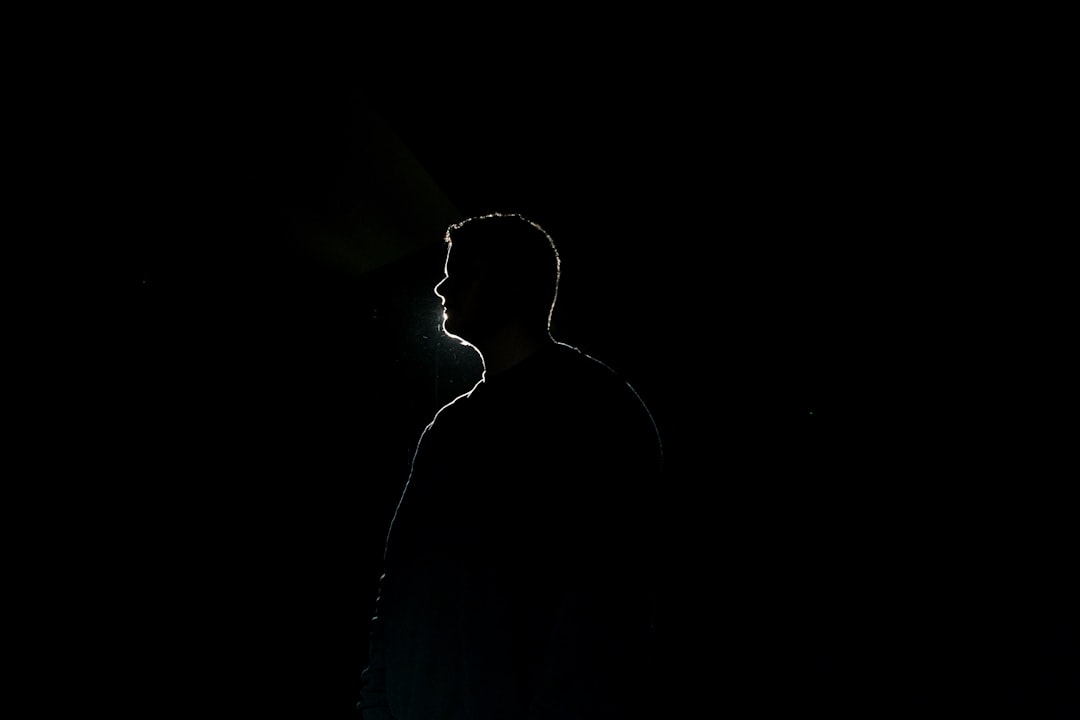What is it about?
The article analyses film music and sound options in feature films on the backdrop of corporate film communication in order to trace the history of the industrial imagination in the Italian cinema. It analyses the role of music in such films as "Europe '51" (directed by Roberto Rossellini, music by Renzo Rossellini, 1952), "Mafioso" (directed by Alberto Lattuada, music by Piero Piccioni), "Omicron" (by Ugo Gregoretti, music by Piero Umiliani, 1963), "Il deserto rosso" ("Red Desert", by Michelangelo Antonioni, music by Giovanni Fusco and Vittorio Gelmetti, 1964), "La via del petrolio" (by Bernardo Bertolucci, music by Egisto Macchi, 1967), and "La classe operaia va in paradiso" ("Lulu the Tool", by Elio Petri, music by Ennio Morricone, 1971).
Featured Image
Why is it important?
This is the first attempt to consider Italian auteur cinema and fiction films in general on the backdrop of the corporate film communication of industrial cinema. What is important is the consideration of film music within a sound-music continuum.
Perspectives
The articles contributes to the revision of the role of film music in Italian cinema, beyond the separation between film music and film sound. This is integral part of the special double issue of the "Journal of Film Music" (vol. 8, no. 1-2, 2015, published in 2018) entitled "Film music history and ethnographies: New perspectives on Italian cinema of the long 1960s", guest-edited by Alessandro Cecchi and Maurizio Corbella.
Dr Alessandro Cecchi
Universita degli Studi di Pisa
Read the Original
This page is a summary of: The Industrial Soundscape between Fiction and Documentary Film in Italy’s Long 1960s, Journal of Film Music, September 2018, Equinox Publishing,
DOI: 10.1558/jfm.37321.
You can read the full text:
Contributors
The following have contributed to this page










